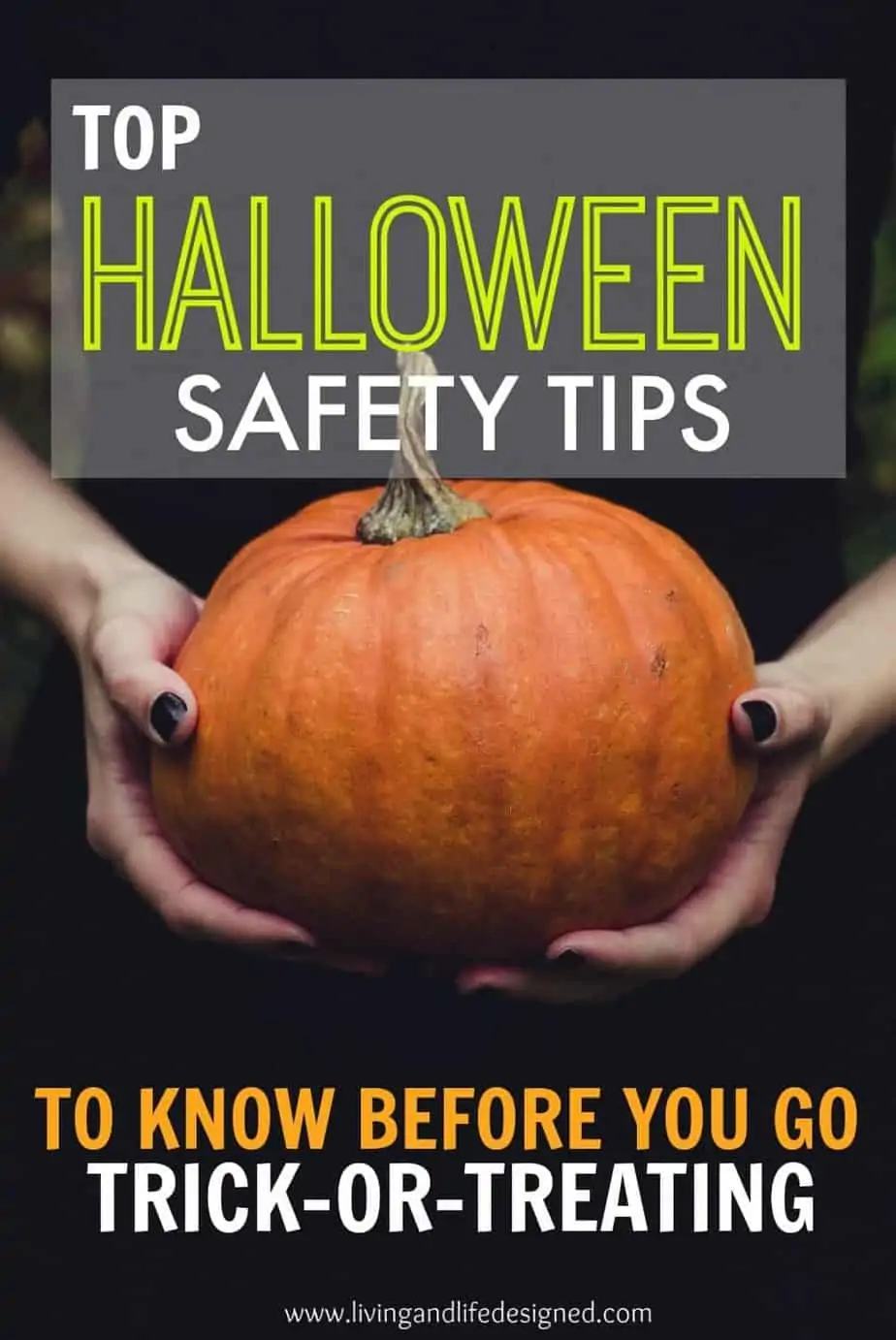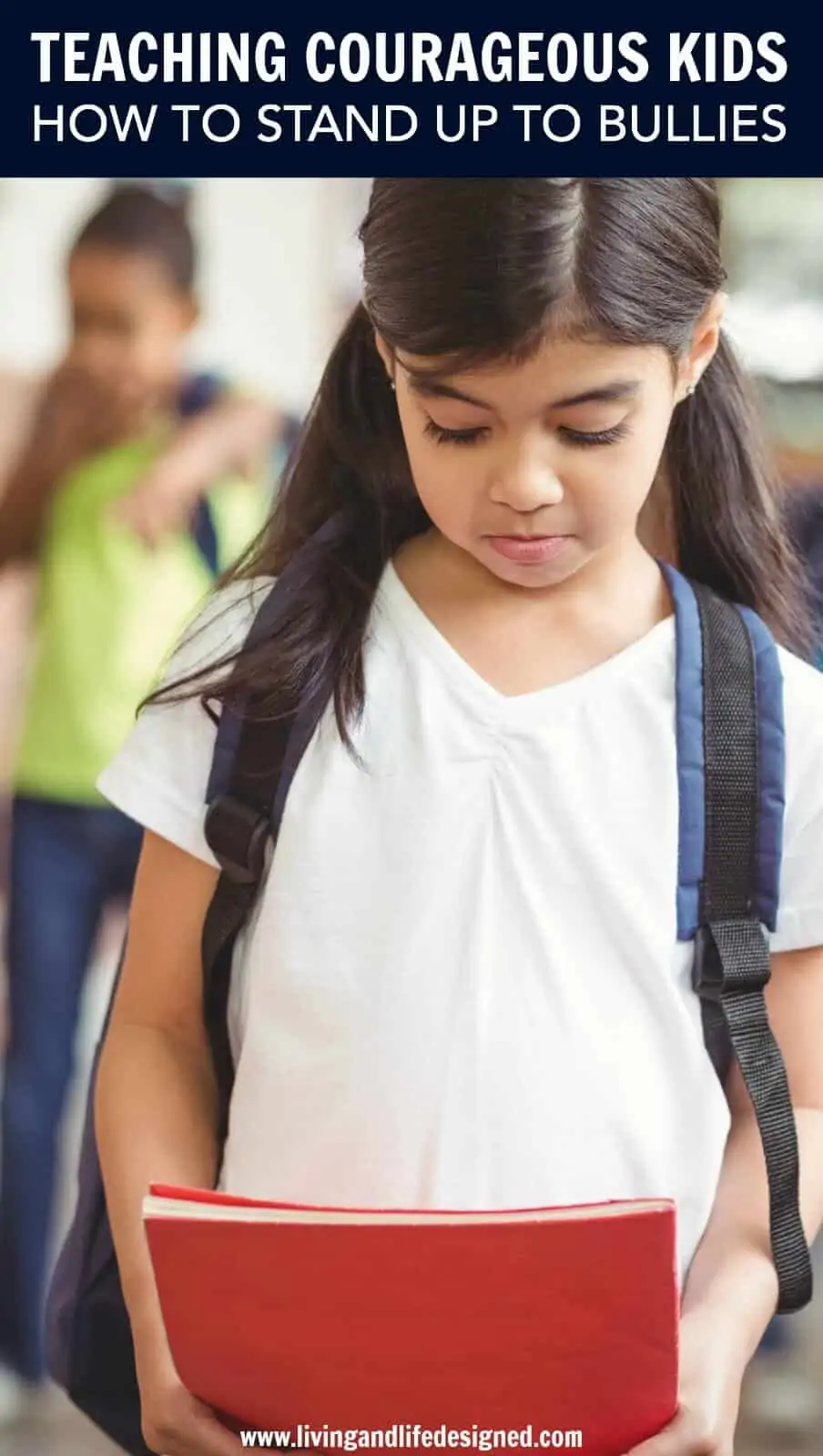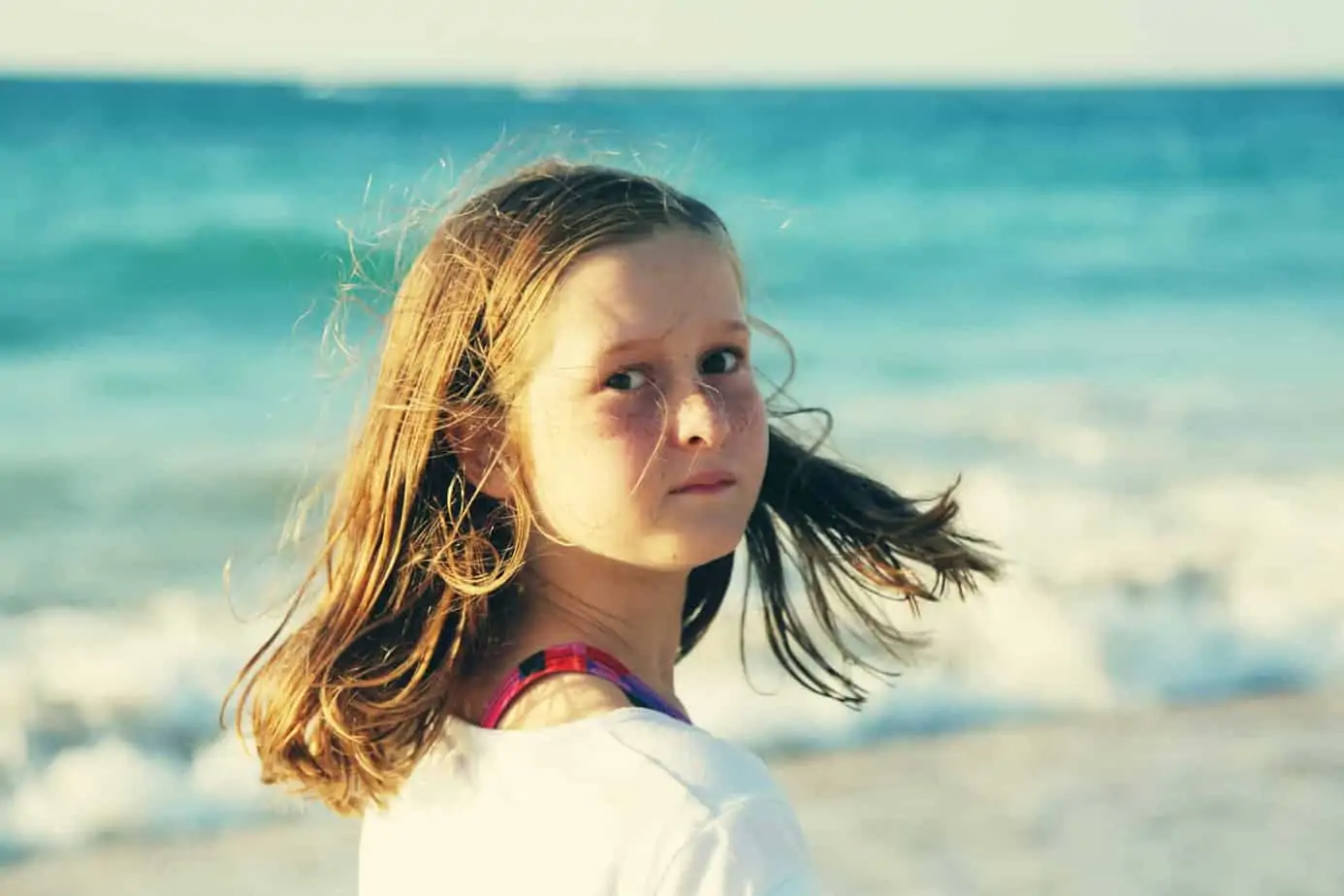I don’t worry about my children being abducted when they’re playing in our front yard like I do the possibility of abuse they may encounter at some point in their childhood.
The chances of my children being kidnapped are very unlikely compared to statistics that say 1 in 4 girls and 1 in 7 boys will be the victim of a form of abuse before the age of 18 while the unlikely chance of abduction is 1 in 300,000.
Child abuse in 90% of cases is perpetrated by someone known to the family. It could be a family member, relative, friend, friend’s sibling, teacher, coach and other close to your child. You may think this won’t happen to you, but statistically, it could and it might.
In our home, we discuss unsafe people, safety rules, body safety and unsafe situations but one of the most important tools we have is the use of a FAMILY SAFE WORD.
A safe word is a word only our immediate family knows – not relatives, not friends – and is not a common word that we would use in our everyday lives such as puppy, soccer or milk. It’s a word that is not commonly used although it is memorable, but if our children were to use it, it would immediately draw our attention.
Be sure not to pick a safe word that is difficult for children to remember. They will remember “cotton candy,” “banana split,” or “pineapple,” even as they get older, but they may not remember “blue faced parrot” or “Farmer John and his cow.”
Do not share your safe word with people outside of your family, even grandparents.
I know in our family we don’t keep secrets because they can lead to unsafe scenarios, but we tell our kids that a Safe Word isn’t a secret, it’s just a special code word only for our family to know and use in threatening situations. Unsafe people and situations are considered a threatening situation and something as parents, we want our kids to tell us about immediately.
The purpose of a safe word is for children to go to their parents when they are uncomfortable talking about these unsafe feelings, unsafe people, unsafe requests, unsafe touching, and unsafe situations and need immediate help.
A safe word gives kids a word to use, when they can’t find their own words.
For example, if you are at a friend’s BBQ and your child is with an adult who is making inappropriate conversations and requests of your son, your child can come to you, tell you the safe word regardless if you are alone or standing around in a group with your friends – you will know exactly what they are disclosing and can respond immediately.
Children can have a hard time disconcerting unsafe situations and requests, especially from people they believe they can trust such as relatives and family friends.
Be sure to discuss situational role-playing so that children grasp what types of things improper and unsafe touching, talking, requests, environments and situations constitute.
Remember that these conversations aren’t a one-time thing.
Discuss the topic of body and people safety with your kids regularly so they retain and understand what is appropriate and what is unsafe, especially as they mature and their environments change based on their age such as sleepovers, overnight trips, play dates at friend’s or relatives houses and when they are away from their parents.
Be sure to discuss with your children that predators are great at manipulating children and may try to pry the safe word from them in conversation or with guessing games.
Under no circumstance, unless it’s the child’s parents, brother or sister should the safe word be used. If someone is trying to get you to tell them your safe word, they are a tricky person and not to be trusted and the parents should be told immediately.
Want More?
- What Happened to Our Daughter and Why We Created a Safe Word
- Educating Children on Body Safety
- Warning Signs of Physical, Sexual and Emotional Abuse
- Safety Rules Every Child Should Know
- Identifying a Predator and Protecting Your Kids
- 10 Prevention Tips for Parents
Want even more?
Shop All Parenting Resources
Shop all of our parenting resources from self-regulation tools and managing big emotions to building self esteem and confidence. There are resources for all seasons of life!









Thanks for the tip to create a safe word with my family that is not commonly used but memorable in a way that my children can remember. My wife and I are trying to take measures to protect our children and family better due to the condition of the neighborhood we live in. Creating a family safe word and getting a child ID kit are measures we are thinking of taking.